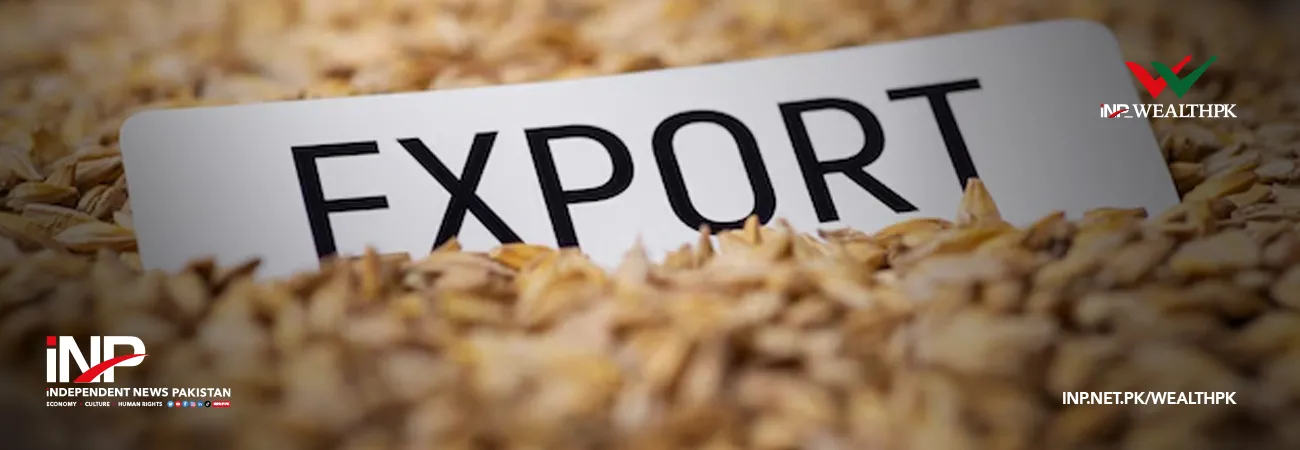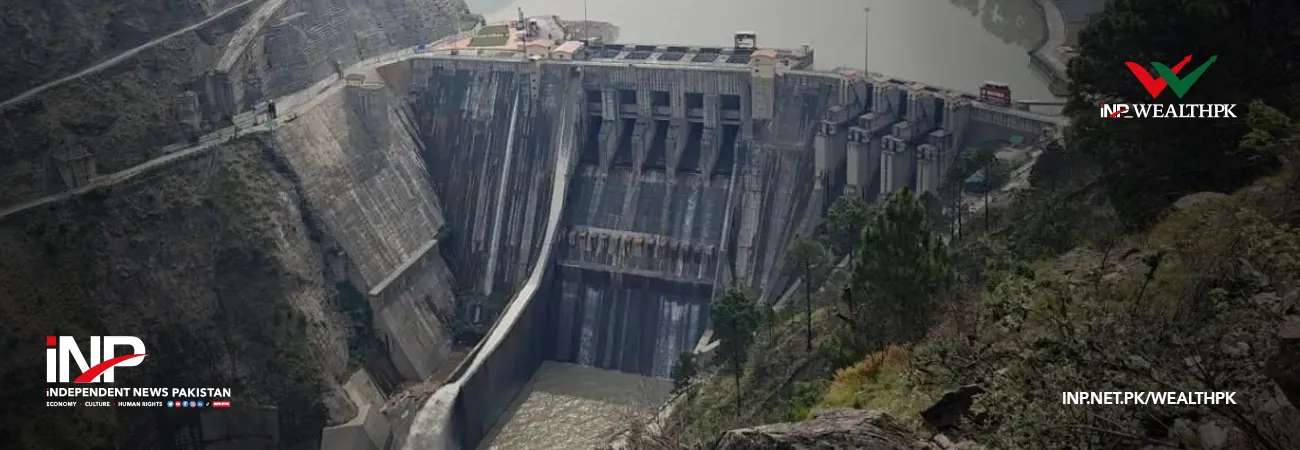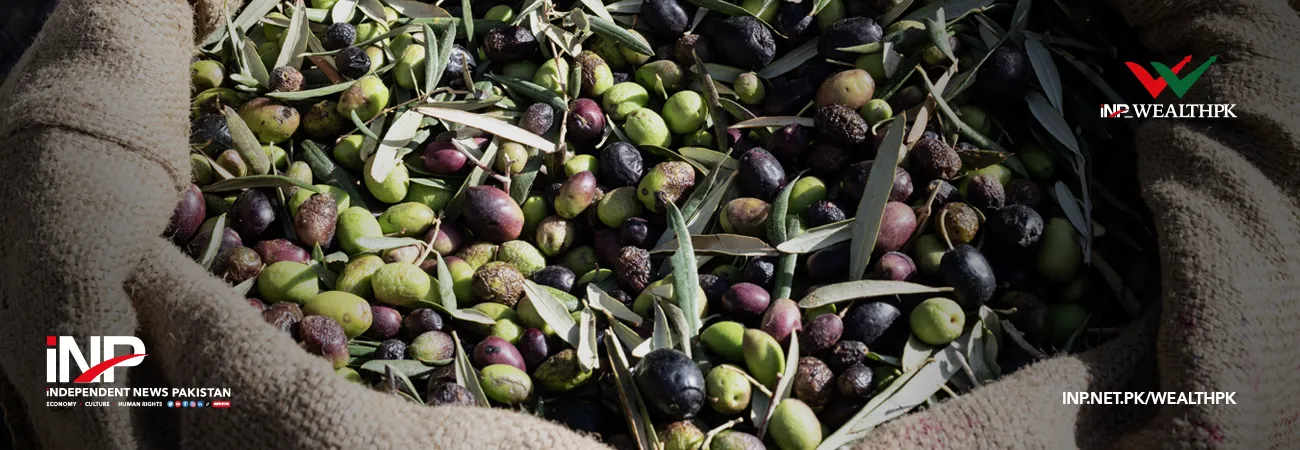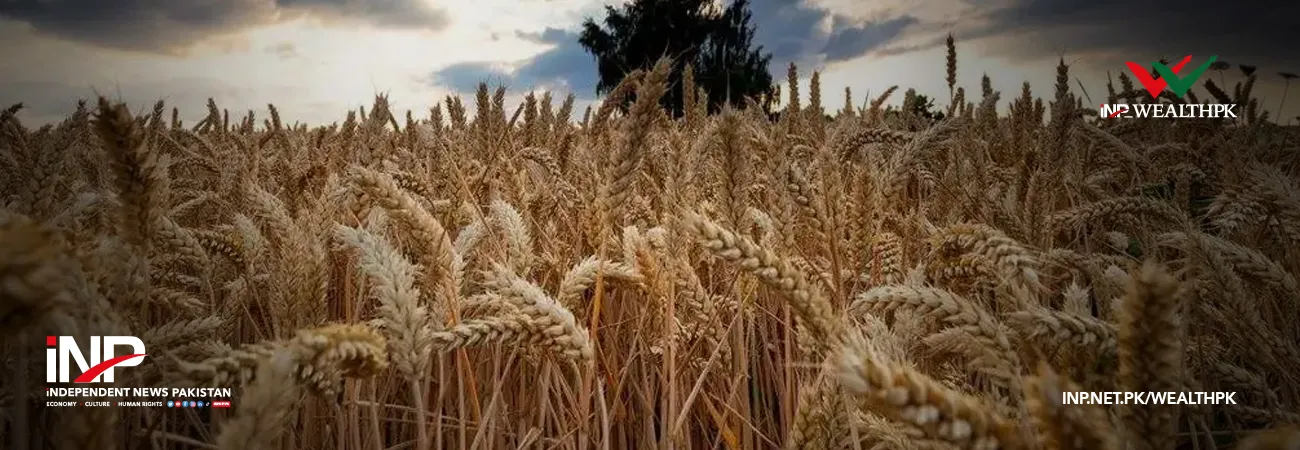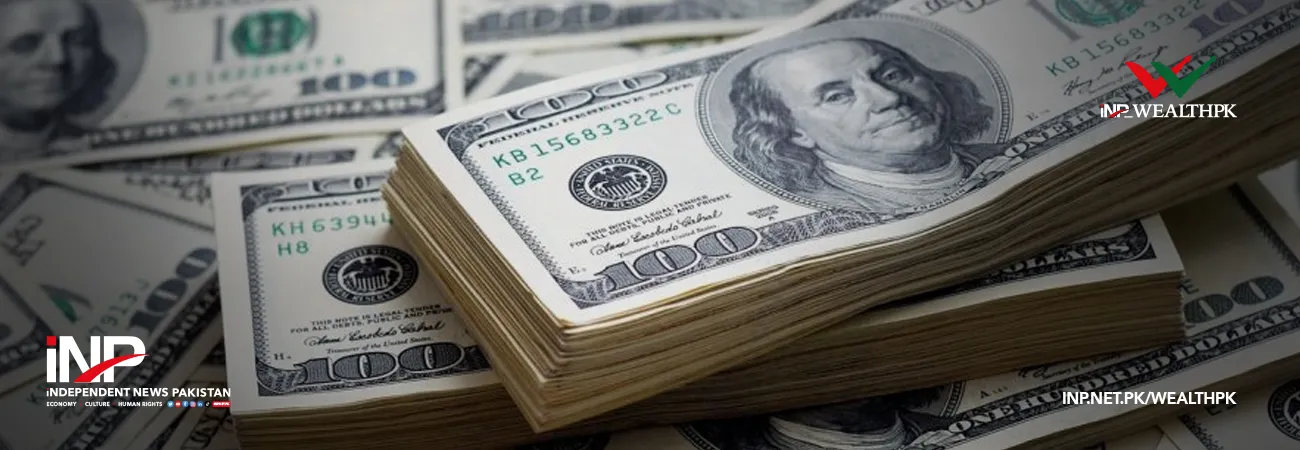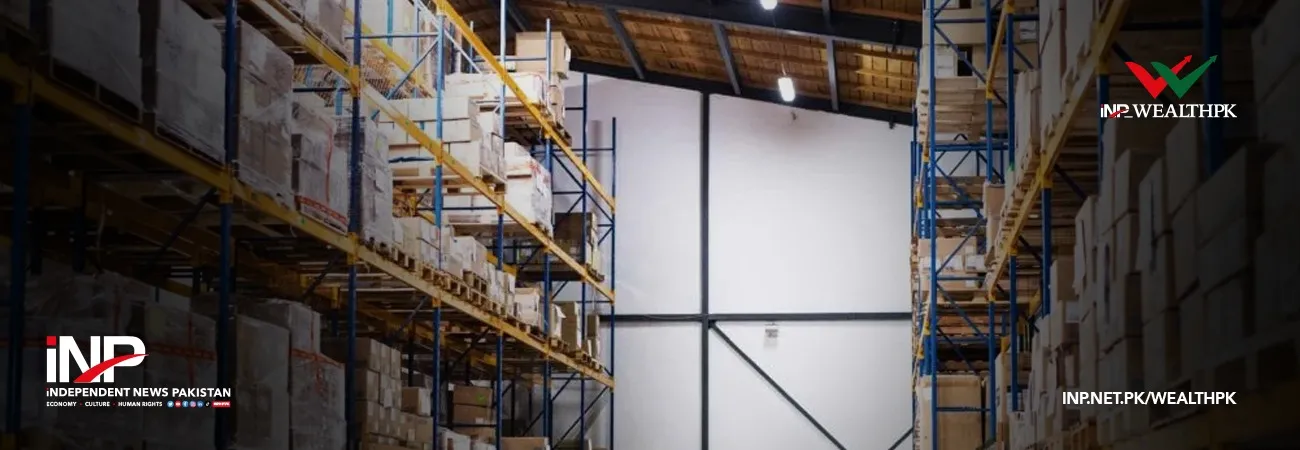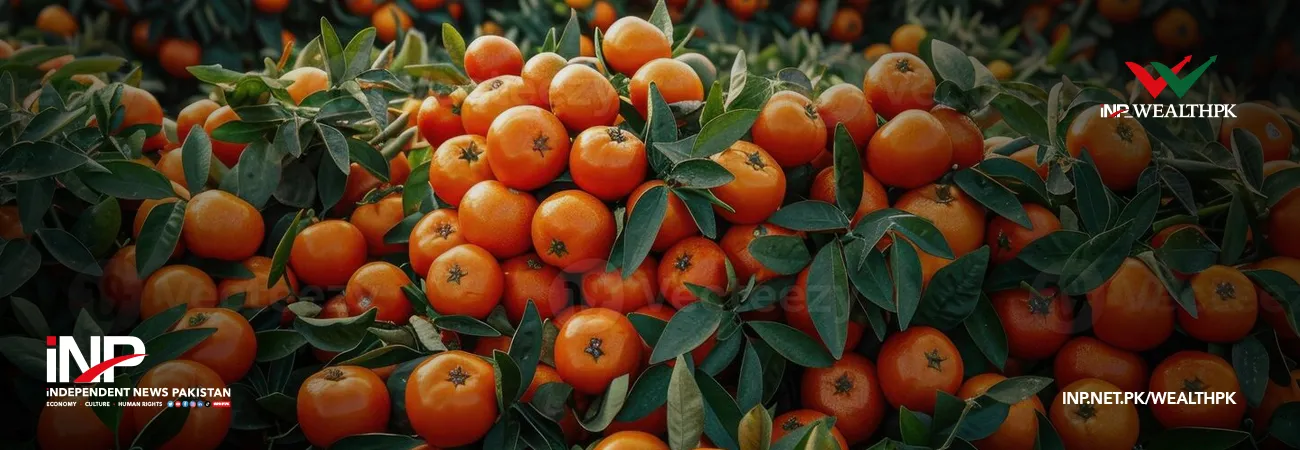INP-WealthPk
Amir Khan
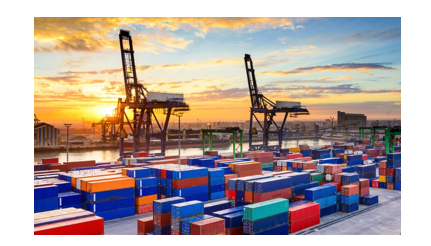
The government's current economic policies have created challenges for exports, making it unlikely to achieve its ambitious goal of doubling exports within the next three years. Talking to WealthPK, Additional Secretary Trade and Diplomacy at the Ministry of Commerce Ahsan Ali Mangi explained that the Federal Board of Revenue (FBR) had removed the sales tax exemption on locally produced inputs for exports. This decision adversely affected the small and medium-sized enterprises (SMEs) in the upstream sectors, favouring large, vertically integrated companies. As a result, smaller, non-integrated firms now face higher costs and long delays in tax refunds. "The energy sector's high costs severely impact Pakistan's industrial competitiveness. Despite attempts to reduce cross-subsidies in power tariffs, the industrial power costs remain significantly higher than those in competing economies. Similarly, gas prices for the local industries are nearly double than those in Bangladesh," he pointed out.
The Export Facilitation Scheme (EFS) does not cover multiple stages of the value chain, compounded by additional import duties, making it harder for enterprises in upstream segments to compete. Additionally, SRO 350(I)/2024 mandates linking the entire supply chain for sales tax returns, causing further delays and penalties due to the upstream suppliers' non-compliance. Moreover, the textile sector, responsible for over half of Pakistan's exports and employing up to 40% of the industrial workforce, has seen exports decline from $19.3 billion in FY22 to $16.7 billion in FY24. Talking to WealthPK, Ms Sarah Saeed at the Ministry of Commerce said comparisons with the regional competitors highlight significant disparities in energy costs and overall business expenses. While Pakistan enjoys relatively competitive labor costs, high energy costs and inefficiencies negate this advantage. Furthermore, inadequate investment in skill development and technological advancement hampers productivity. She highlighted that domestic cotton production offers some advantages, but low yield and quality issues necessitate mixing with higher-quality imported cotton, thus further reducing competitiveness.
The recent budget increases tax on export proceeds, exacerbating financial strains on exporters. Regional competitors like Bangladesh, India, and Vietnam provide substantial incentives and support for exporters, including tax exemptions, rebates, and favourable financing options. In contrast, the Pakistani manufacturers face high interest rates and limited financial support. The result is a decline in Pakistan's exports and domestic value addition, with significant economic implications. Yarn and cloth production has dropped, and importing intermediate goods has become more cost-effective than domestic procurement. This trend exacerbates the country's shortfall in foreign exchange and undermines manufacturing growth. Reducing energy costs and adopting a comprehensive export-oriented strategy are essential. Without these measures, sustaining current export levels will be difficult, and doubling exports will remain out of reach.
Credit: INP-WealthPk




